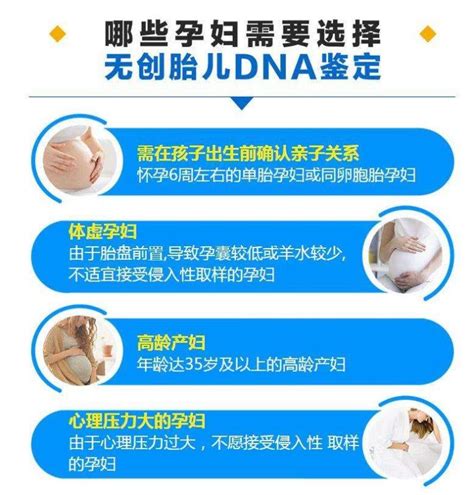Household registration, or "hukou" in China, is a vital document for citizens, influencing access to various social services and opportunities. Paternity testing plays a crucial role in confirming familial relationships for hukou registration. Understanding the costs associated with this process is essential for individuals seeking such services.
The cost of paternity testing can vary depending on several factors:
The method chosen for paternity testing greatly impacts the cost. Traditional methods like blood tests are often more expensive compared to modern DNA testing methods.
The reputation and accreditation of the laboratory conducting the test can influence pricing. Laboratories with advanced technology and experienced staff may charge higher fees.

The method of sample collection also affects costs. Noninvasive methods like saliva swabs are generally cheaper than invasive methods like blood tests.
Urgent testing with shorter turnaround times may incur additional fees. Standard testing typically costs less but may require longer waiting periods.
The cost of paternity testing in China can range from several hundred to several thousand yuan, depending on the factors mentioned above. On average, the cost for a basic DNA paternity test ranges from ¥1000 to ¥3000.
When selecting a paternity testing service, consider the following guidelines:
Choose a laboratory accredited by relevant authorities to ensure accurate and reliable results.
Opt for a testing service with a proven track record and experienced staff.
Ensure the testing service provides transparent pricing and outlines all associated costs upfront.
Consider your timeframe and opt for a service that meets your needs regarding turnaround time.
Choose a testing service that prioritizes the privacy and confidentiality of your information.
Understanding the costs associated with paternity testing for household registration is essential for individuals navigating this process. By considering factors such as testing method, laboratory reputation, sample collection, and turnaround time, individuals can make informed decisions when selecting a testing service. Additionally, adhering to guidelines for choosing a testing service ensures accurate and reliable results while maintaining privacy and confidentiality.
